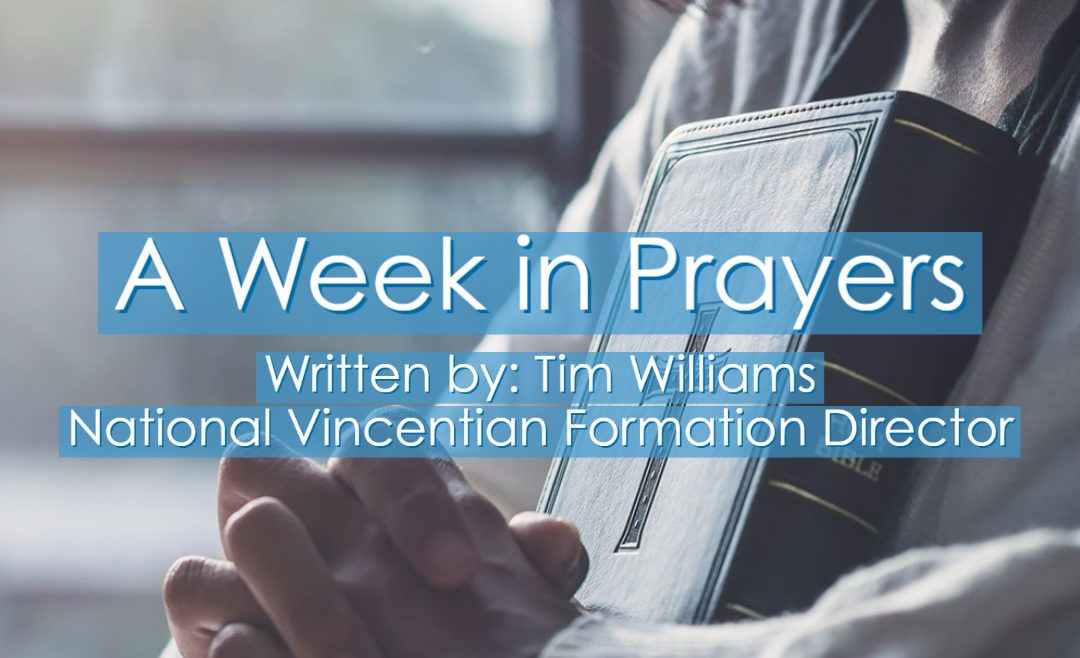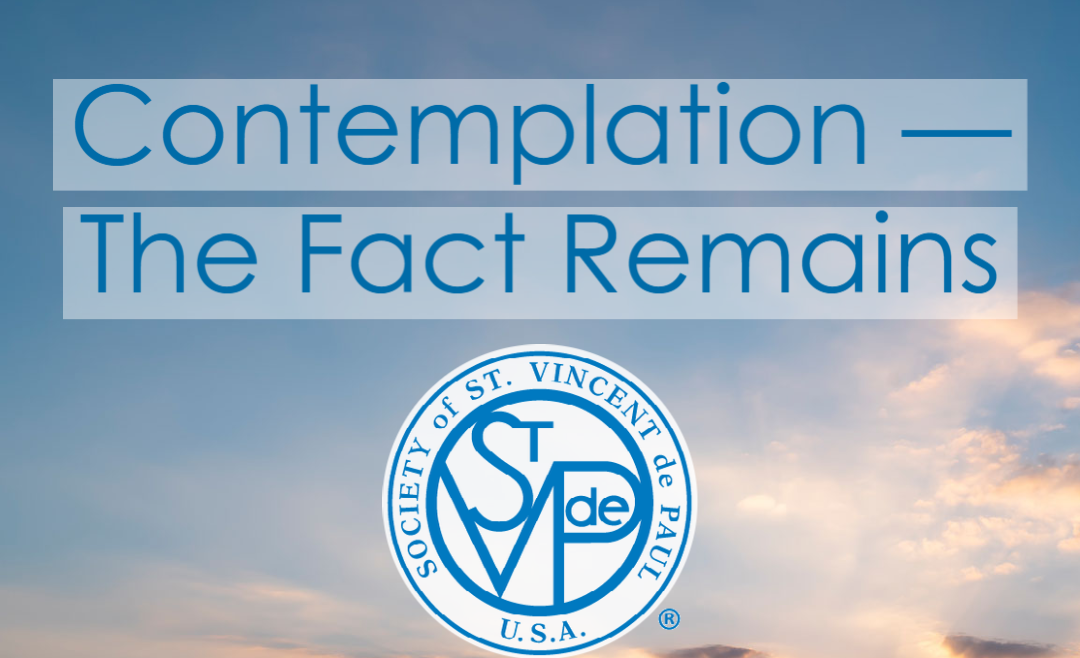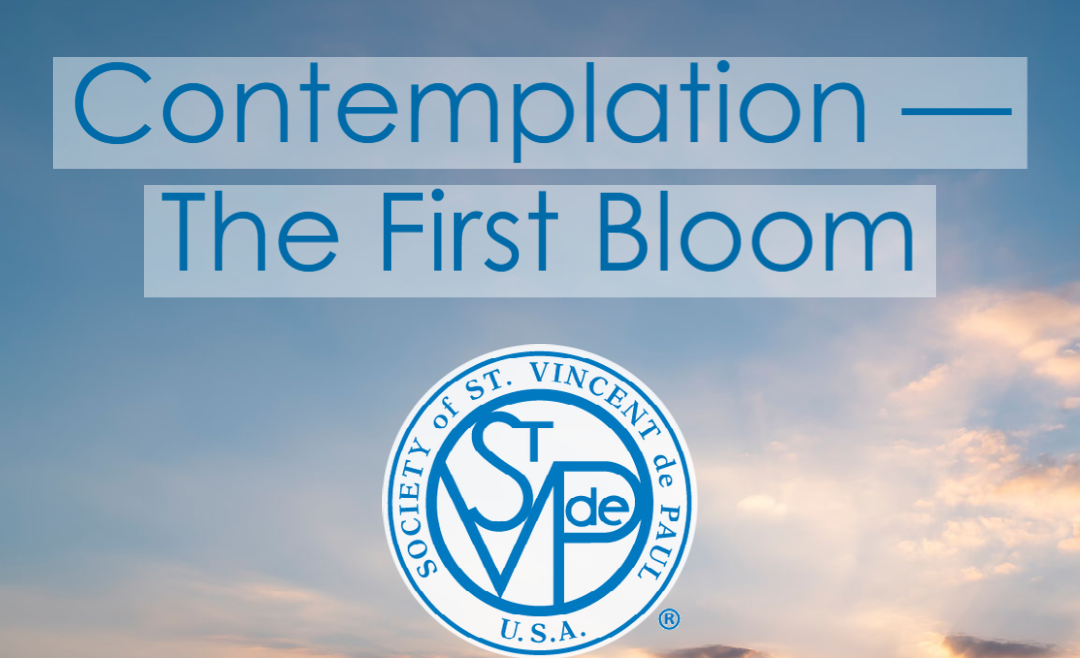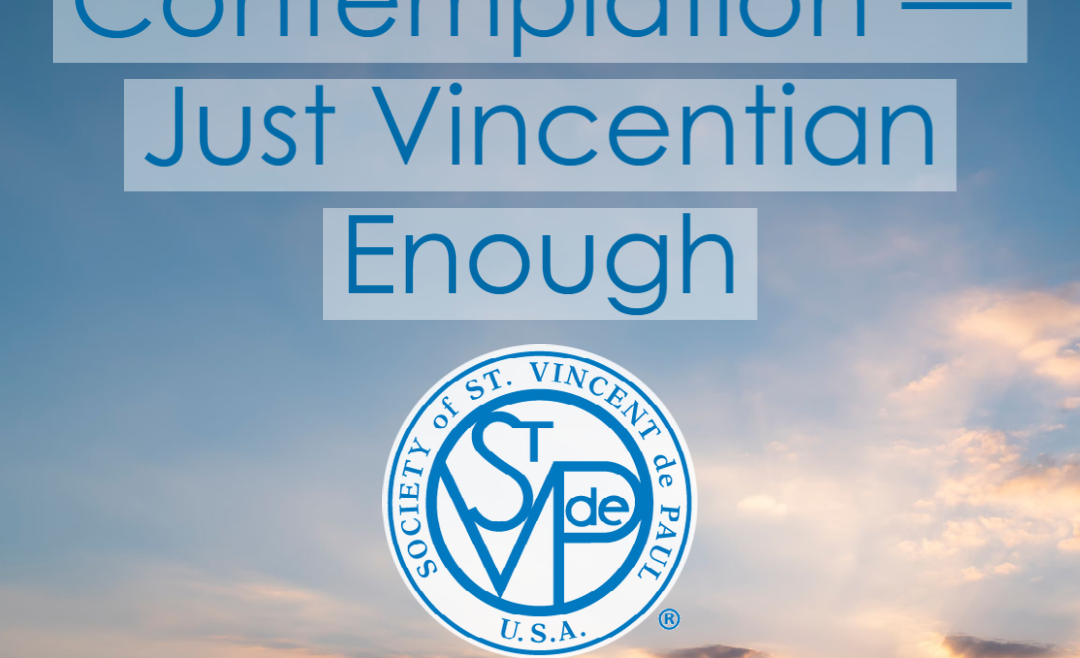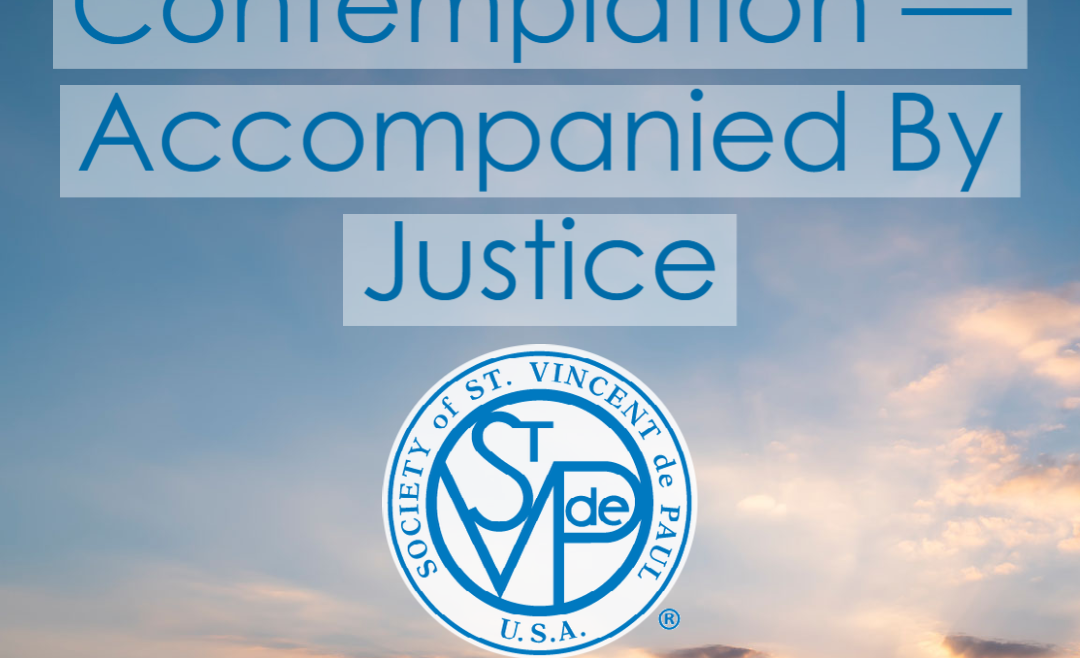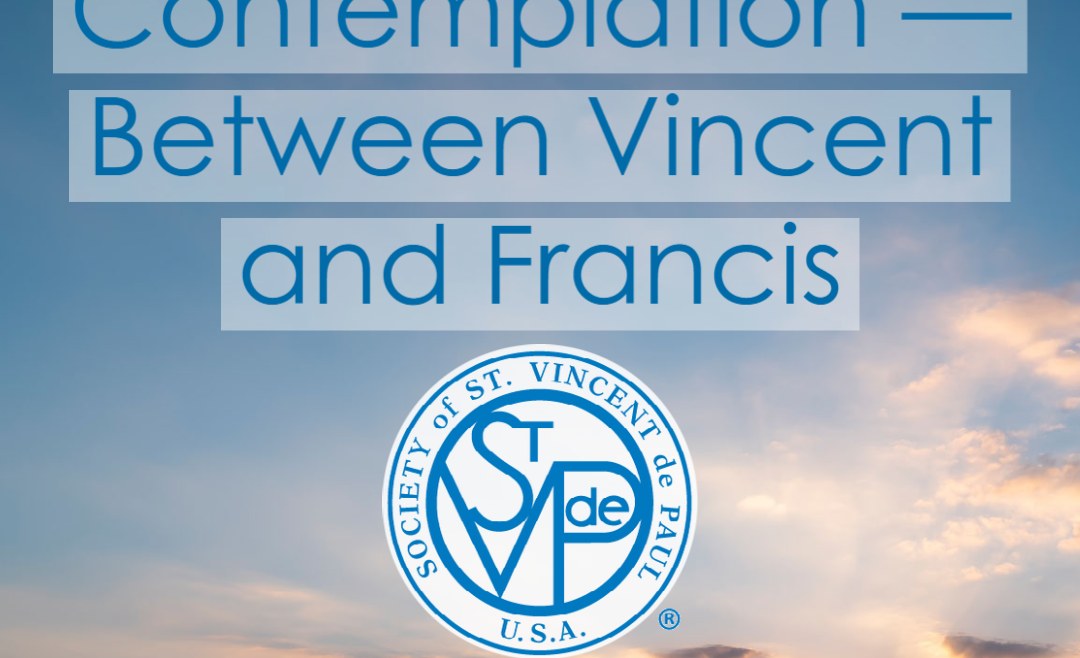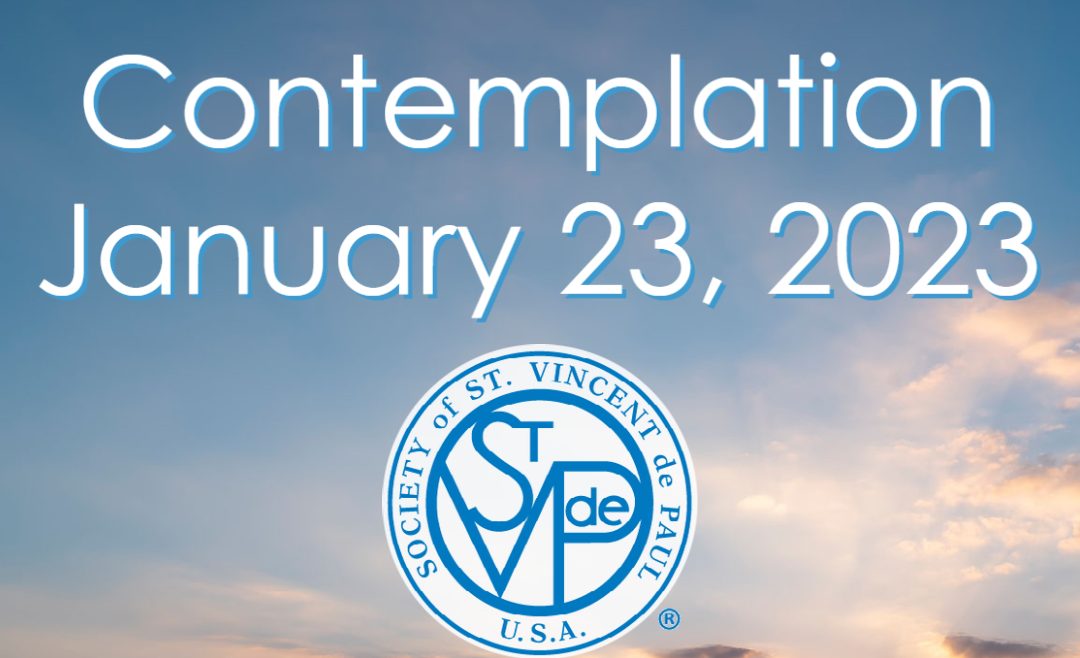Monday, April 17
Lord when I see Your face
How can I help but smile?
The face of hunger, the face of joy,
The face of need, the face of love,
The face of the neighbor,
Unique and unrepeatable.
Open my eyes to see You, Lord,
Open my heart to smile.
Amen
Tuesday, April 18
Lord Jesus, Your bore Your cross for me
Up the rocky path, buckling under its weight.
Open my eyes to see the struggling neighbor
Bending low under the weight of a cross.
Give my heart the strength to share the burden
And the love to wipe the neighbor’s brow.
Lead me on the way of the cross.
Amen
Wednesday, April 19
Father in heaven,
Hear my prayer;
Hear the groanings
Of my heart.
Hear me, Lord,
In the silence.
Answer me, Lord,
In Your mercy.
Answer me, Lord,
In Your love.
Answer me, Lord,
In the silence.
Amen
Thursday, April 20
I am in Your hands, O Lord,
Carry me where You will.
Lift me up from darkness,
Give me rest when I am weary,
And when my neighbor is in need,
Lord, let me lend Your hand.
Amen
Friday, April 21
Lord Jesus,
Help me guard against the false humility
That shows empty hands to the needy
Because I believe what I have to offer
Is not enough.
Teach me instead to find abundance
In five loaves and two fish.
Help me to share
My time, my possessions, and myself
With all who hunger.
Amen

